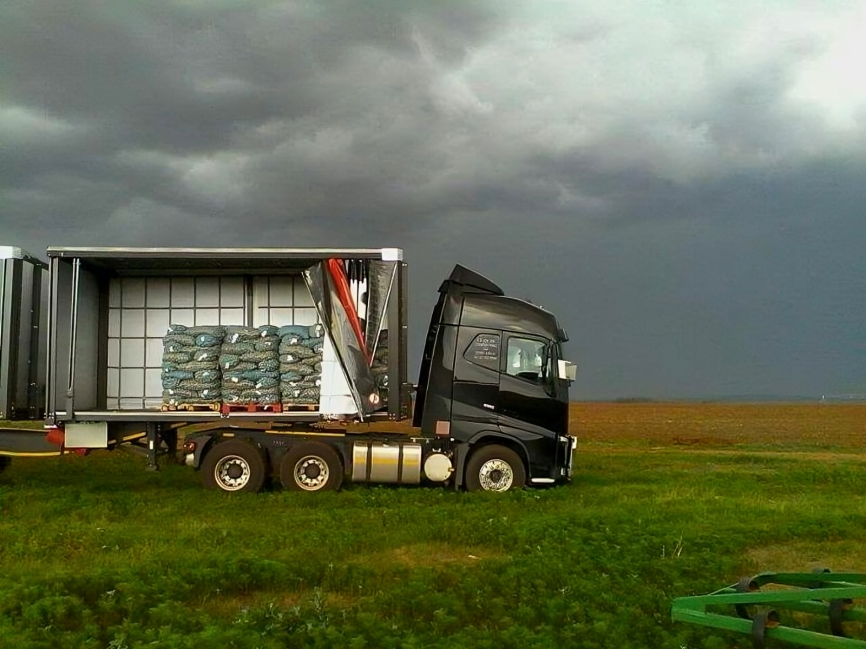
In the world of logistics, location isn’t everything—routes are. For companies trading across Africa, efficiency depends on selecting the right corridors and navigating them flawlessly. That’s where trade route freight specialists offer a vital advantage. These professionals design and manage freight movement across high-volume trade routes, ensuring goods reach their destinations faster, with fewer delays and lower risks. Whether it’s Durban to Harare, Cape Town to Windhoek, or Gqeberha to Lusaka, route specialists understand every mile.
South Africa sits at the heart of Southern Africa’s trade ecosystem. With access to ports, road networks, and rail lines, it serves as the launching point for freight destined across the continent. Route specialists don’t just provide transportation—they build intelligence-driven strategies to maximize delivery success. They account for road conditions, border traffic, driver scheduling, fuel stops, and even seasonal disruptions. Every route is optimized for speed, safety, and budget.
Africa’s trade relies on a web of corridors such as the North-South Corridor, Maputo Corridor, and Trans-Kalahari Corridor. Trade route specialists focus on mastering these arteries. They know which roads are undergoing maintenance, which borders are congested, and which checkpoints offer smoother clearance. This expertise allows them to choose the optimal path for each shipment—cutting down delivery times while improving cargo integrity.
Each cross-border trade route includes multiple checkpoints. From Beitbridge to Kazungula, these borders present regulatory, procedural, and infrastructure challenges. Freight specialists prepare all required paperwork ahead of time, work with customs brokers, and ensure transit permits are properly processed. Their job is to remove friction so cargo keeps moving. For time-sensitive or high-volume loads, this level of preparation can be the difference between profit and penalty.

Trade route optimization isn’t static—it evolves with the environment. Smart logistics teams monitor route conditions using GPS, live updates, and on-the-ground agents. If a protest closes a section of road or weather causes flooding, specialists reroute cargo immediately. These dynamic responses prevent delays, improve customer trust, and allow businesses to stay on track even under unexpected circumstances.
Route planning is also about economics. Trade route specialists reduce fuel consumption, minimize driver overtime, and improve load utilization by consolidating cargo or planning multi-stop routes. They align delivery cycles with port schedules, factory dispatches, and retail stocking demands—ensuring cargo moves exactly when and where it’s needed. With the right planning, logistics becomes a tool for profitability—not just a cost center.

As markets grow, delivery networks must grow with them. Trade route freight specialists help companies scale by opening new routes, improving turnaround times, and integrating digital systems that track performance. These logistics experts transform complexity into clarity—and empower businesses to lead in service delivery across Africa’s expanding trade landscape.